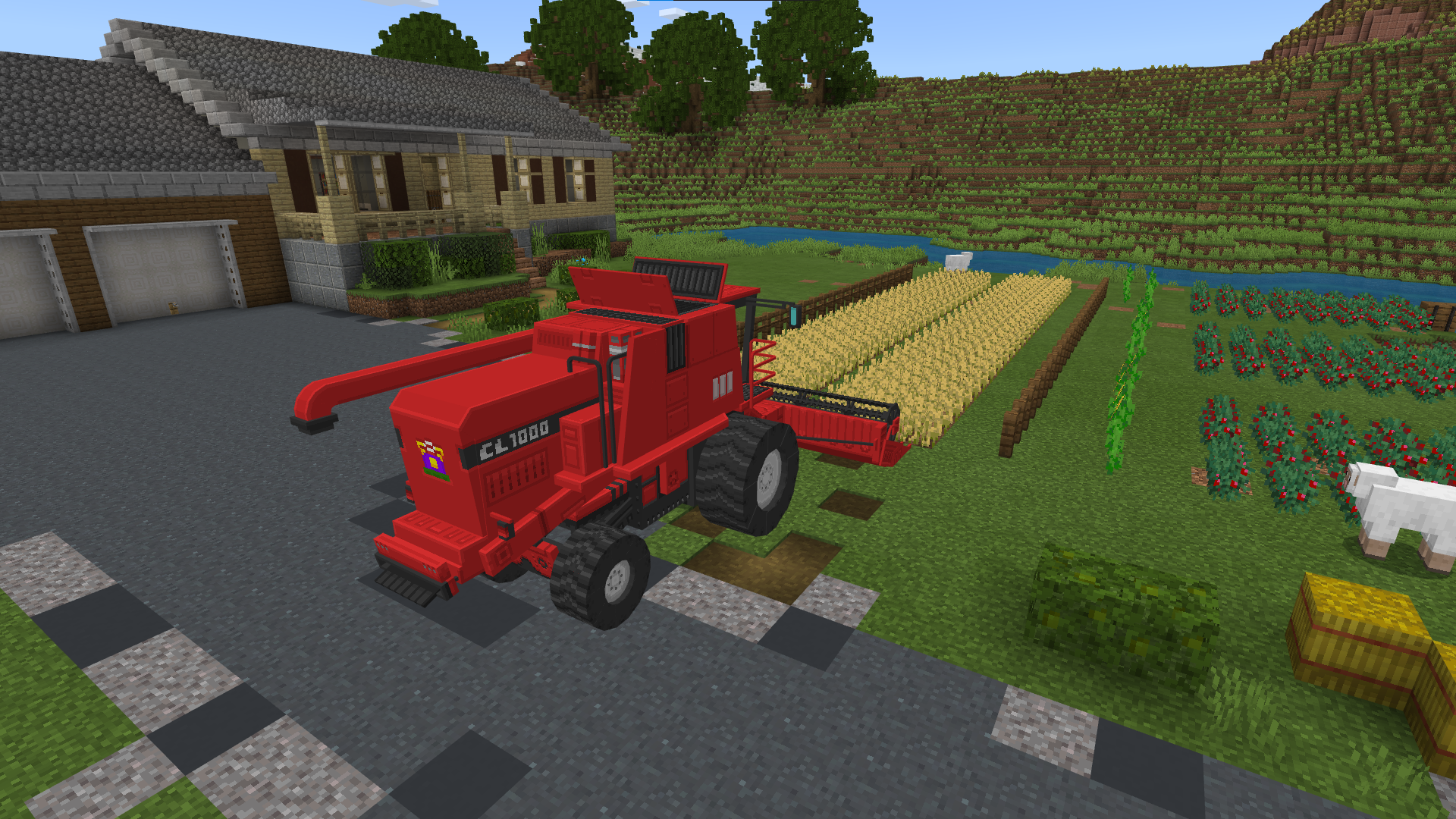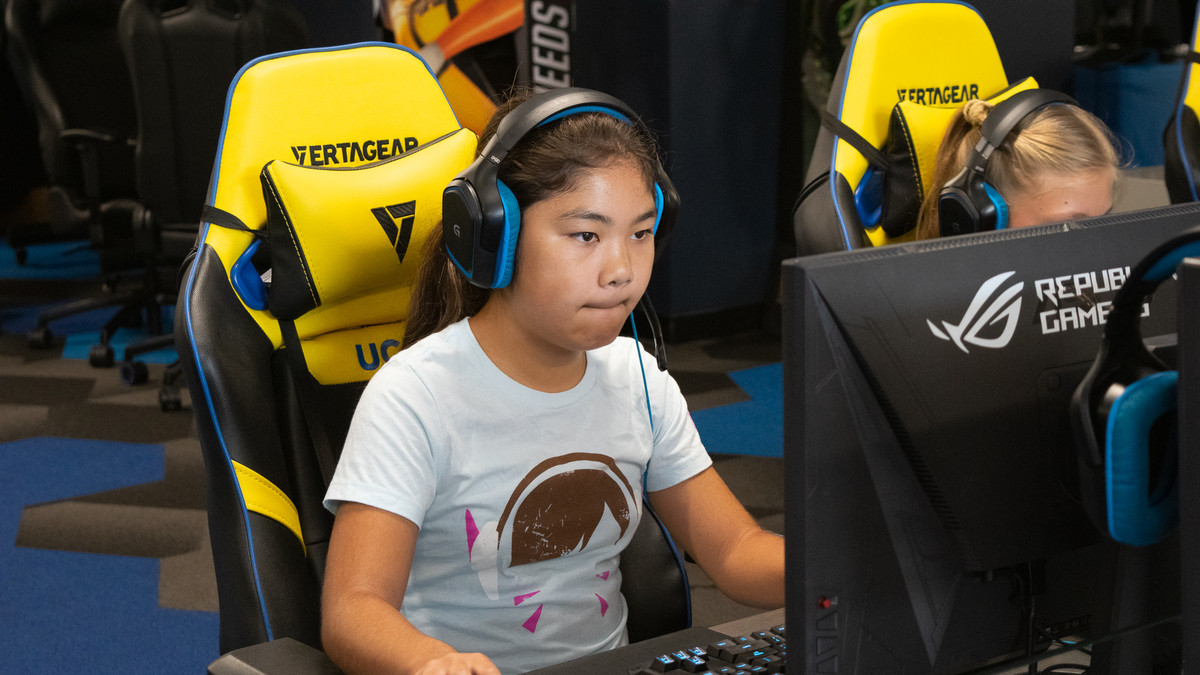Aidar Abdullin’s interest in mentoring students in international esports has little to do with, well, gaming.
“I’m not a gamer myself,” says the elementary school teacher at the Al-Bayan Bilingual School in Kuwait. Instead, Abdullin is passionate about the ways in which esports and international gaming competitions help students develop leadership and other life skills that go beyond the particulars of a given curriculum and help prepare students for future success.
The North American Scholastic Esports Federation (NASEF) organizes several international events including the upcoming MENAcraft, a Minecraft competition that will feature teams from the U.S., Middle East, and North Africa.
Educators and students who have participated in such events say international esports help students learn about other cultures while developing real-world skills.
Learning From International Esports Competitions
Satomi Itagaki’s students at the Rissyukan High School in Yanaguchi, Japan, recently competed in NASEF Farmcraft 2022. The event challenges students to successfully create farms and grow food in Minecraft. To learn more about agriculture, Itagaki’s students visited a farm. “They talked to farmers about the current issues,” Itagaki says.
The students put this knowledge to good use, coming in third place in the competition in the senior division. Students said – via email and with the help of a translator – that participating in the event helped them improve their English and get a broader perspective on the world. “I think I’ve become a global person. I’m glad I got involved,” Yuuka Okada said.
“I can use English now, just a bit,” Momoka Lori said.
Ayako Nakahara learned about no-till farming, a method of farming that decreases erosion. “Since it does not use machines, it is kind to the soil and CO2 emissions can be suppressed, so I think it will suit the world in the future,” Nakahara said.
Students in the U.S. also learned a lot from the experience.
“At some point, they realized that they’re not just playing video games anymore, that they’re actually learning things and enjoying it, and that’s where the joy comes as an educator – watching that experience happen,” says Jeanna Dawson, owner of Eastside Esports in Atlanta, which works with kids after school.

Preparing for International Competitions
When Dawson’s students learned they would be participating in an international competition with other students, they discussed how they would approach a cultural exchange. “They were like, ‘What exactly do we want to share? We have to be specific in what we share,’” she says. They were also eager to learn about other cultures.
Dawson is the state lead for MENAcraft in Georgia and can assist other teams in the region who are looking to get involved. There are similar region leads for other parts of the U.S. and world.
Educators looking to launch a general esports program should reach out to people who mentor existing esports programs to get tips on best practices. While many educators who facilitate esports are gamers, Abdullin stresses this is not a prerequisite in developing esports coaches.
“If you’re not a gamer, it doesn’t mean anything,” he says. “You just need to organize the students.”
Once you do that they can help lead the program where it needs to go – and that might just include participation in a global competition.
This article was written by Erik Ofgang from Tech and Learning and was legally licensed through the Industry Dive Content Marketplace. Please direct all licensing questions to legal@industrydive.com.
![]()



